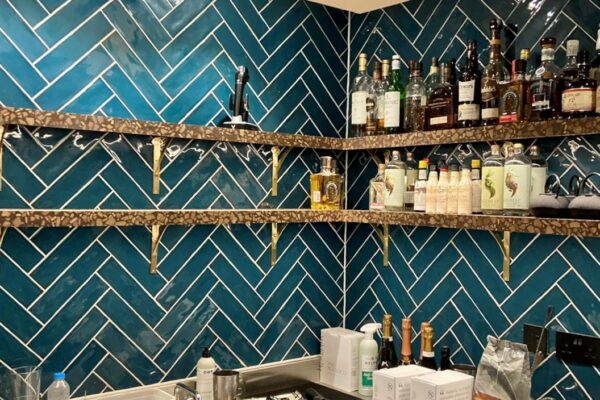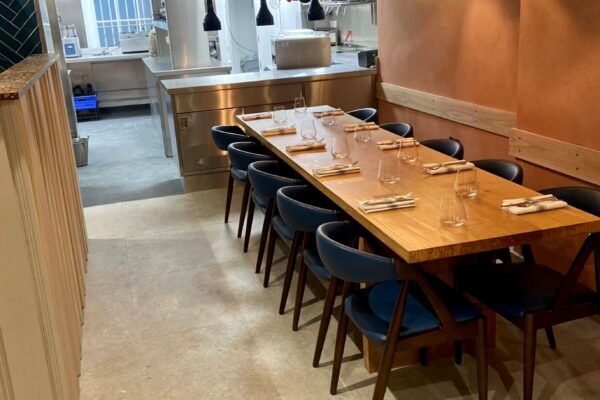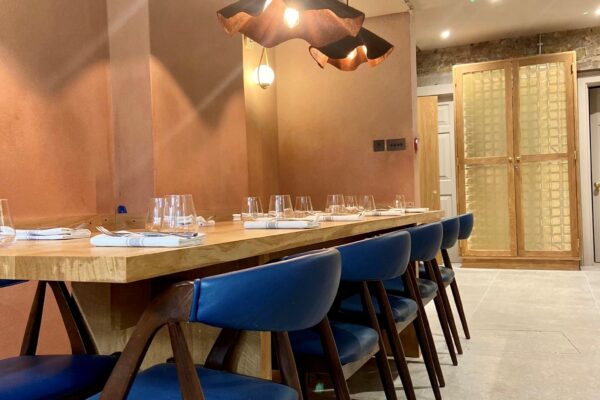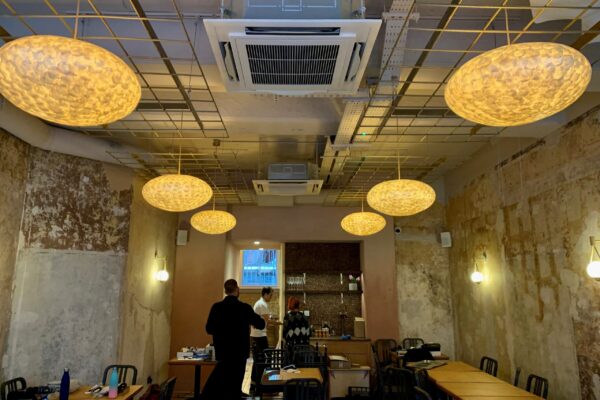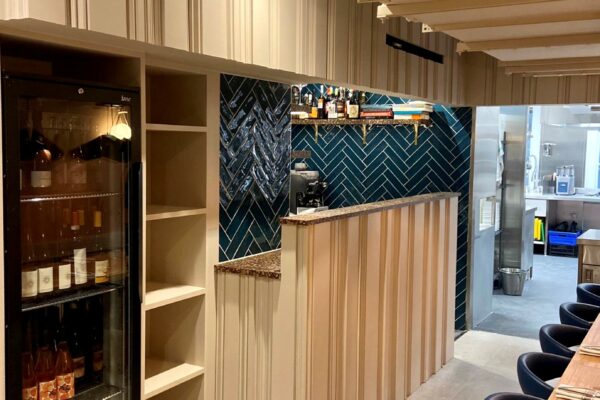at a glance
- Kitchen ventilation DW172
- Specialist discreet fire rated kitchen extract ductwork
- New mechanical services gas and water to the kitchen, cookline and public health
- Cookline fire suppression system
- HVAC controls
- Re purpose existing heat pumps

